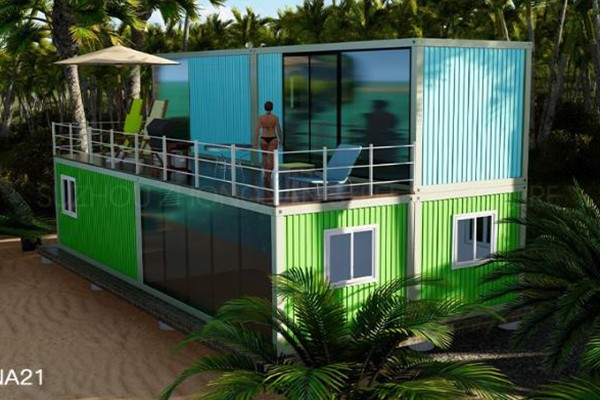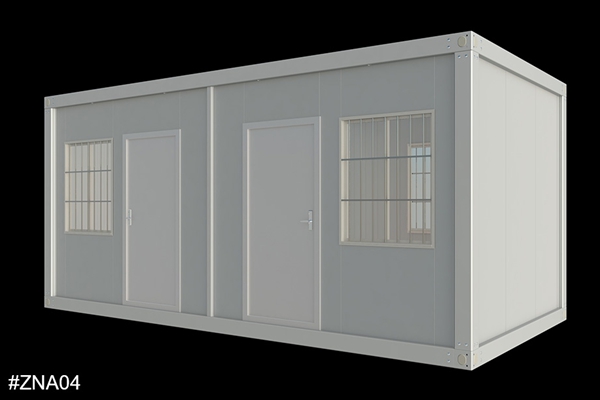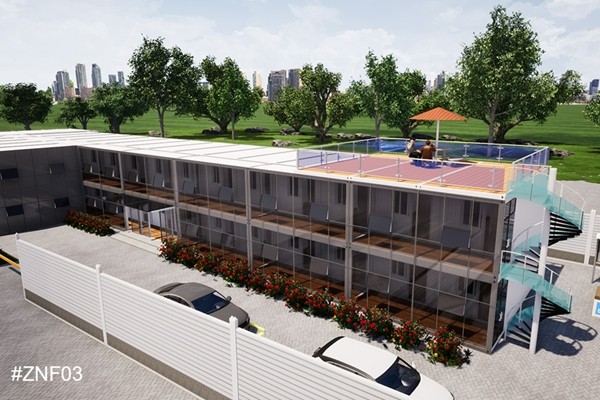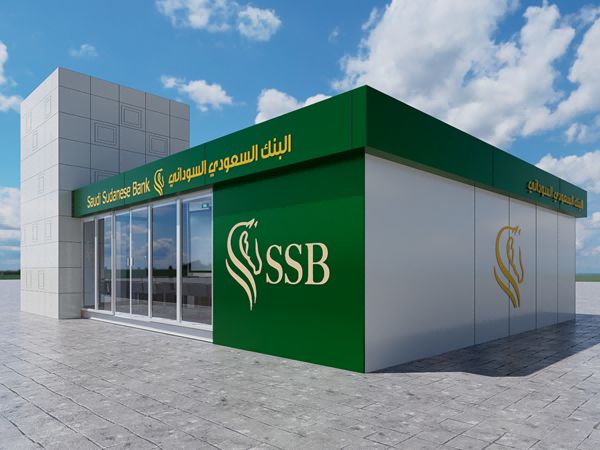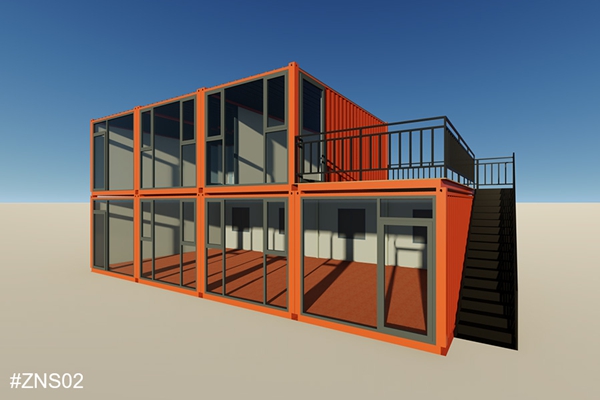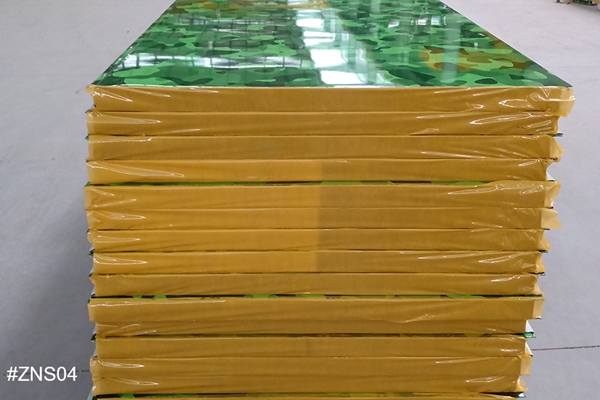container prefab homes prices
Container prefab homes have surged in popularity for a variety of compelling reasons. They offer a unique blend of cost-effectiveness, versatility, and sustainability. However, understanding the pricing structure of these innovative housing solutions is essential for potential buyers, builders, and real estate investors.
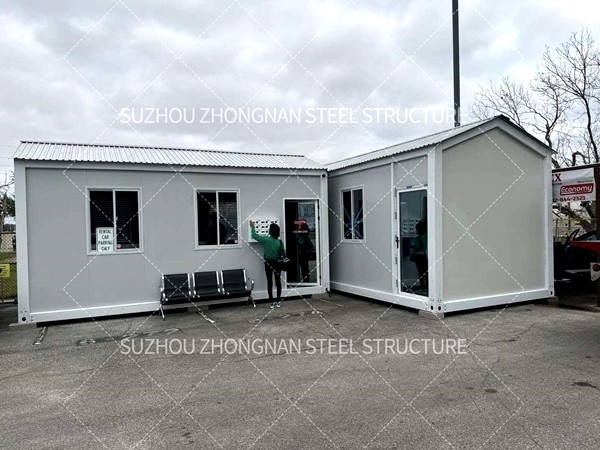
At the core of container prefab homes is the shipping container. These steel boxes are repurposed as structural units in home construction. Typically measuring 20 to 40 feet, they provide a robust and weather-resistant shell that can be adapted for residential use. The price of a new or slightly used shipping container ranges from $2,000 to $5,000, serving as the first factor in evaluating the total cost of building a container prefab home.
Material costs are a critical component of the overall budget. Beyond the container itself, insulation is paramount due to steel's high thermal conductivity. The most effective insulation materials, such as closed-cell spray foam or rigid foam boards, might add $1,000 to $3,000 to the budget, depending on the home's intended climate. Additionally, materials for cutting and reinforcing doors, windows, and other structural modifications can run between $1,500 and $3,500.
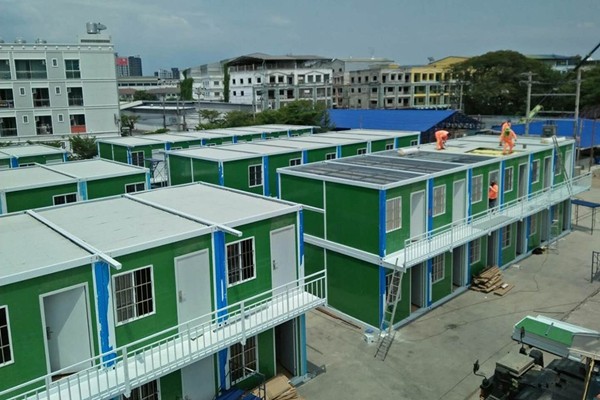
Labor costs represent the next substantial expenditure. If opting for professional services, expect to allocate 20% to 50% of the total construction budget to expenses tied to architecture and engineering teams, skilled tradespeople, and general contractors. While some buyers choose to embark on a DIY journey to cut labor costs, professional oversight offers assurances in safety, compliance with local codes, and overall craftsmanship.
Permitting and land costs also significantly influence the price of container prefab homes. Zoning laws and building permits vary widely by location. Urban areas often demand higher permit fees, though they typically offer more accessible utilities and infrastructure than rural settings. Buyers should allocate at least $500 to $2,000 for permits, with urban permits potentially exceeding this range.container prefab homes prices
Interior finishes dictate another layer of cost variability. The choices for flooring, cabinetry, fixtures, and appliances span a vast spectrum, from budget-friendly to luxurious. For those aiming to maintain an economical approach, basic finishes may cost as little as $5,000. On the other hand, upscale options could easily increase expenses to over $20,000, showcasing the breadth of customization available.
Transportation and site-preparation costs can often surprise first-time container home builders. Moving a shipping container from a depot to its final location can cost between $500 and $5,000 depending on distance and the necessity for specialized equipment. Once on-site, groundwork including foundations or footings must be laid, with prices generally spanning $3,500 to $7,500, depending on the terrain.
Sustainability is an influential, though not strictly monetary, aspect of container prefab homes. Utilizing shipping containers repurposes steel that might otherwise occupy scrapyards, aligning with environmentally conscious values. A container home’s smaller footprint compared to traditional homes also translates to lower heating, cooling, and maintenance costs over time, appealing to long-term cost-efficiency seekers.
In sum, the cost of a container prefab home ranges widely, typically from $50,000 to $200,000, depending heavily on size, customization, location, and personal preferences. Prospective homeowners must weigh initial savings against long-term durability, comfort, and energy efficiency, ensuring an informed investment. With the right planning, container prefab homes offer a cost-effective and environmentally friendly alternative to conventional housing, all while providing the flexibility to adapt to diverse architectural tastes and lifestyle needs.
For buyers seeking more affordable or sustainable living solutions without compromising on style or functionality, understanding each cost component, from acquisition to completion, empowers well-rounded purchasing decisions. Consulting with experts specializing in container architecture further bolsters confidence, ensuring that each stage of the journey aligns seamlessly with expectations and budget constraints.

